Managing Phosphorus and Carbon in Illinois Soybean Production Systems
In Illinois and the greater North Central region, soybeans are uniquely situated to contribute to nutrient loss reduction and capitalize on proposed carbon crediting programs.
Call for Applications: Leopold Conservation Award
Leopold Conservation Awards recognize extraordinary achievement in voluntary conservation, inspire other landowners through their example, and help the general public understand the vital role private landowners play in conservation success.
Collaboratively Delivering Soybean Best Management Practices
Dr. Vann shares how collaboration has been the key to amplifying resources and delivering soybean best management practices in North Carolina and nationally.
Cover Crop Species Selection
Even though we commonly hear about farmers being encouraged to plant “cover crops”, cover crops are not one single species or crop. Anyone following the conservation movement has heard of at least a few of the different options available.
The Illinois Centennial Soil Archive Project
Dr. Margenot is looking to re-sample sites across the state to understand how Illinois soils have changed and evolved over time.
Making Cover Crops Work For You – A Spring Workshop
This spring workshop is presented by Williamson County Soil and Water Conservation District in cooperation with the Illinois Soybean Association, Pike Ag, LLC and USDA NRCS.
Registration Open for Regenerative Grazing Winter Field Days
Winter livestock management topics will be covered such as water/housing/winter infrastructure, pasture management, and winter rations.
2022 Cover Crop Planting Notes
Jim Isermann and Abigail Peterson provide a cover crop update from fall 2022.
Basic Cation Saturation Ratios (BCSR), Soil Balancing, Desired Values and Ratios
The scientific community mostly disregards the BCSR philosophy/theory; however, some farmers, crop consultants, sustainable ag proponents and commercial soil-testing laboratories still use BCSR to guide their fertilizer recommendations.
Citizen Science for Great Lakes Cover Crop Research NEEDS YOU!
Participate in a citizen science study to understand variation in cover crop growth across different farming conditions.

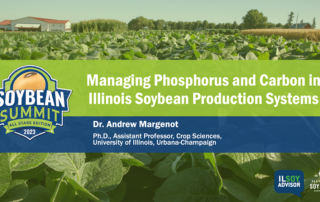
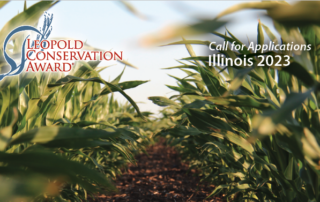
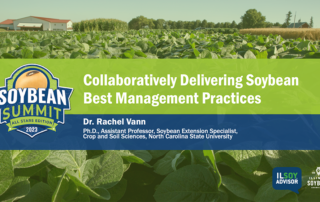
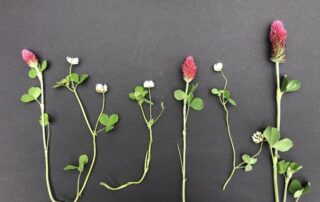
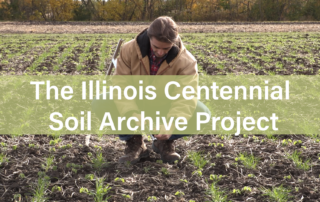
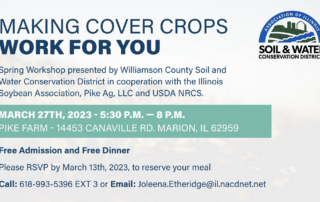
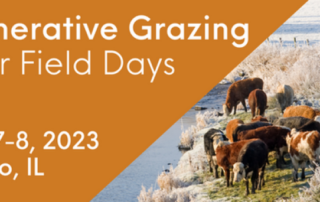
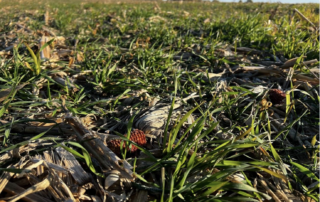
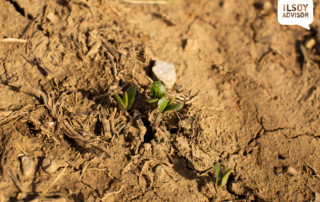
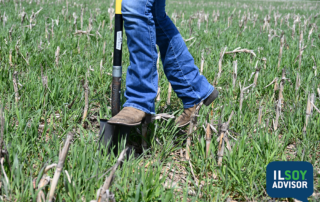

 and then
and then